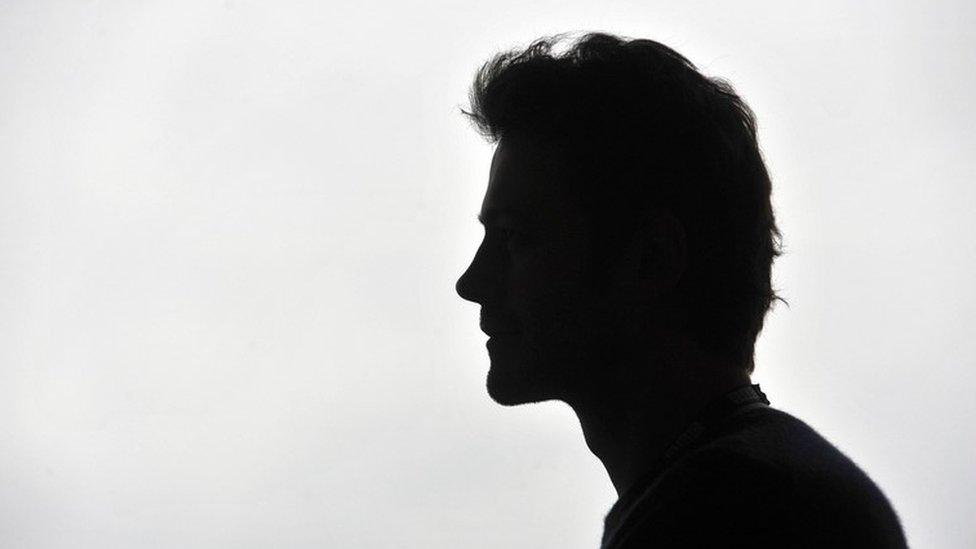Philip Davies: Men are increasingly getting a bad press
- Published
'I'm often pilloried for saying men and women should be treated equally'
Male victims of domestic violence, sexual assault and unequal pay are often neglected, an MP has said.
Speaking during an International Men's Day debate, Philip Davies said he was "often pilloried for arguing that men and women should be treated equally".
He added: "Men are increasingly getting a bad press, and it needs to be challenged."
During the debate MPs heard that things like the "Homer Simpson stereotype" had undermined the role of fathers.
International Men's Day takes place on 19 November and addresses issues including shorter life expectancy and higher suicide rates among men.
Mr Davies told the debate in Westminster Hall: "In many cases, militant feminists have tried to close down any talk about men and women being treated equally.
"In order to try and close down the debate they hurl abuse at the people who raise these issues in the hope that people will not listen any more to what they say."
He added: "Some people have said that every day is men's day but I think that if anyone looks at the facts that is certainly not the case."
Deputy Lib Dem leader Jo Swinson said men and women should "join forces" to tackle gender inequality.
She added that from a young age, boys grow up thinking it is their job to be the breadwinner.
"The flipside of having roles such as breadwinner and so on is how we value men's role as fathers in our society, because that incredibly important role has often been dismissed and undermined.
"Look at some of the stereotypes in popular culture, such as the Homer Simpson stereotype of dads being a bit hapless and not up to the job. Men are just as capable as women at being parents."
Shadow minister for women and equalities Paula Sherriff said: "There will be some people who will inevitably try to frame this debate around who has it worse, men or women? This is without a doubt juvenile.
"In a grown-up world where most people genuinely want to see progress towards equalities we must recognise that to set this up as a battle of the sexes can only detract from the opportunity International Men's Day offers."
MPs discussed issues such as the high suicide rate among men, the biggest killer of men under 45 in the UK.
Jeremy Lefroy, MP for Stafford, who moved the debate, said: "Men are far less positive about getting formal emotional support for their problems compared with women. And when they do it's at the point of crisis."
He also raised the issue of girls outperforming boys in many aspects of education.
And he added: "I would like to recognise the huge number of men in the UK who work positively every day for their families and their communities, and who actively promote equality not just in their words but in their actions.
"People often ask, 'Where are the male role models who can inspire other men and boys?' The answer is that they are in every community, but they often need to be encouraged to share their experiences - their difficulties as well as their successes.
"By their very nature, good role models are often reticent to speak about themselves and often do not even recognise themselves as role models. They think they are just doing their best, often in difficult circumstances."
Equalities Minister Nick Gibb said the government was committed to tackling gender equality in all its forms.
"The issues raised today go far beyond this debate - they go right across government - and even in 2017 the UK has not yet reached full gender equality. We believe this will benefit everyone, no matter what their gender is," he said.
"Men and women can too often feel held back by what society expects of them, with people prevented from taking opportunities and fulfilling their potential... whether that means fathers who want to spend more time with their children without feeling as though that will hold them back at work, men and boys suffering from mental health problems who are afraid to seek help because of the stigma attached, or male victims of domestic abuse or sexual assault who are worried they will not be taken seriously."
He said the government had invested in mental health and suicide prevention, while acknowledging there was more to be done.
- Published19 November 2015
